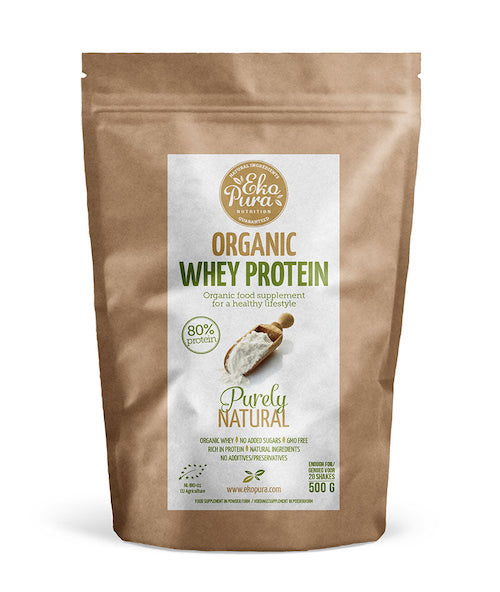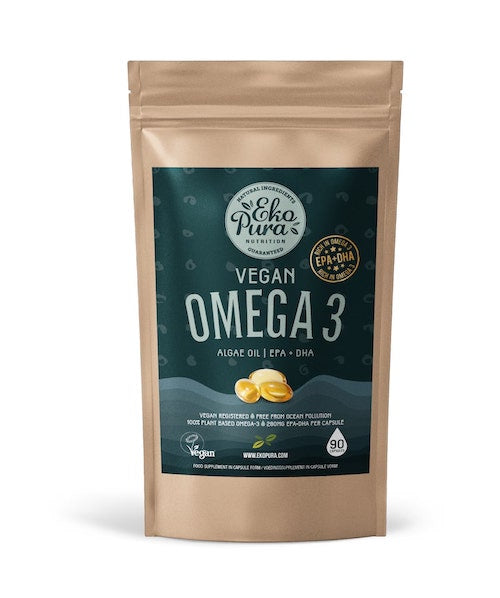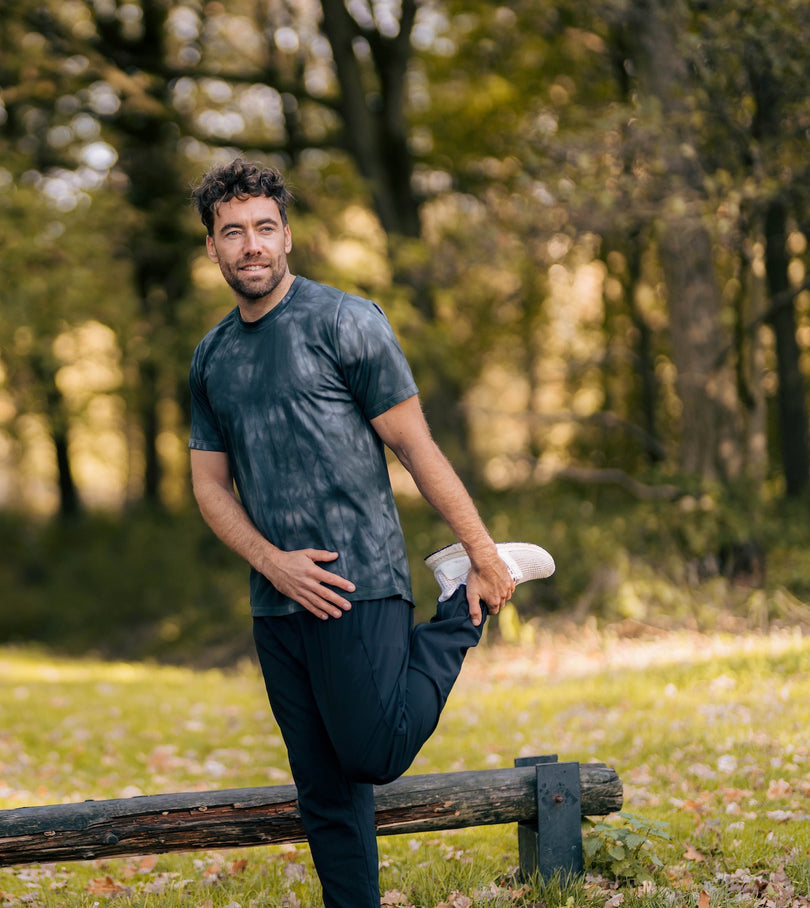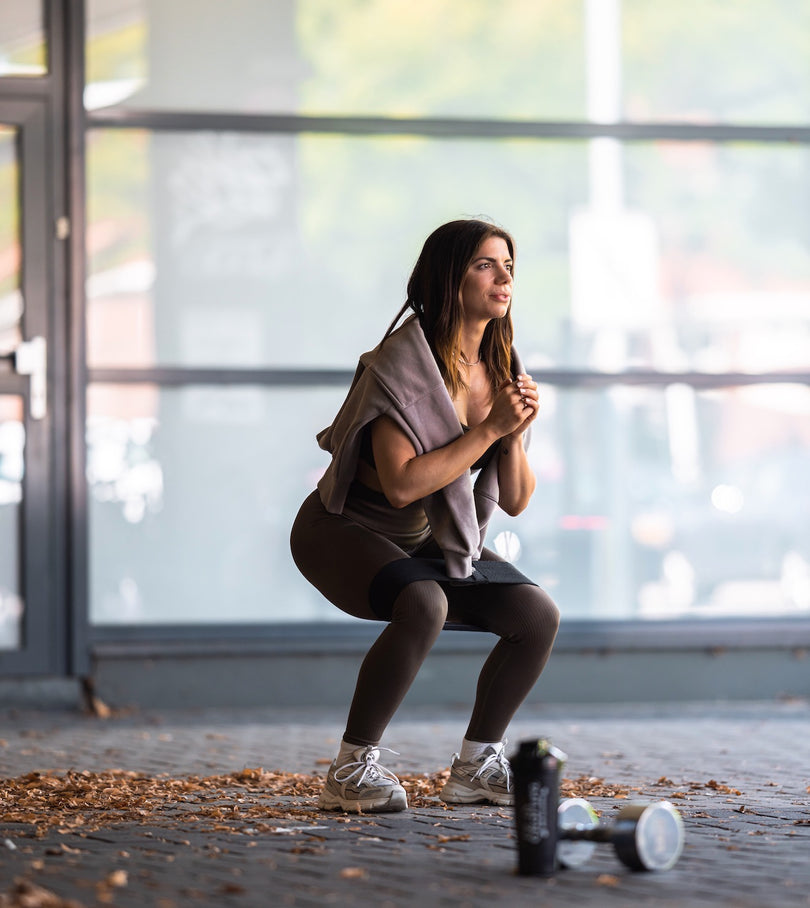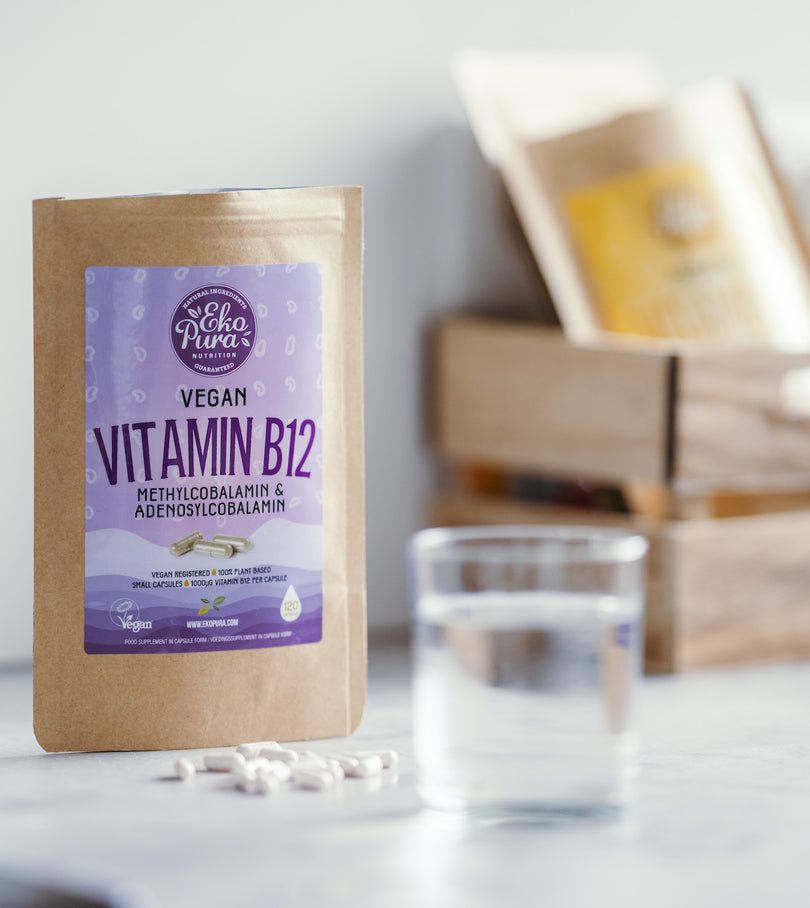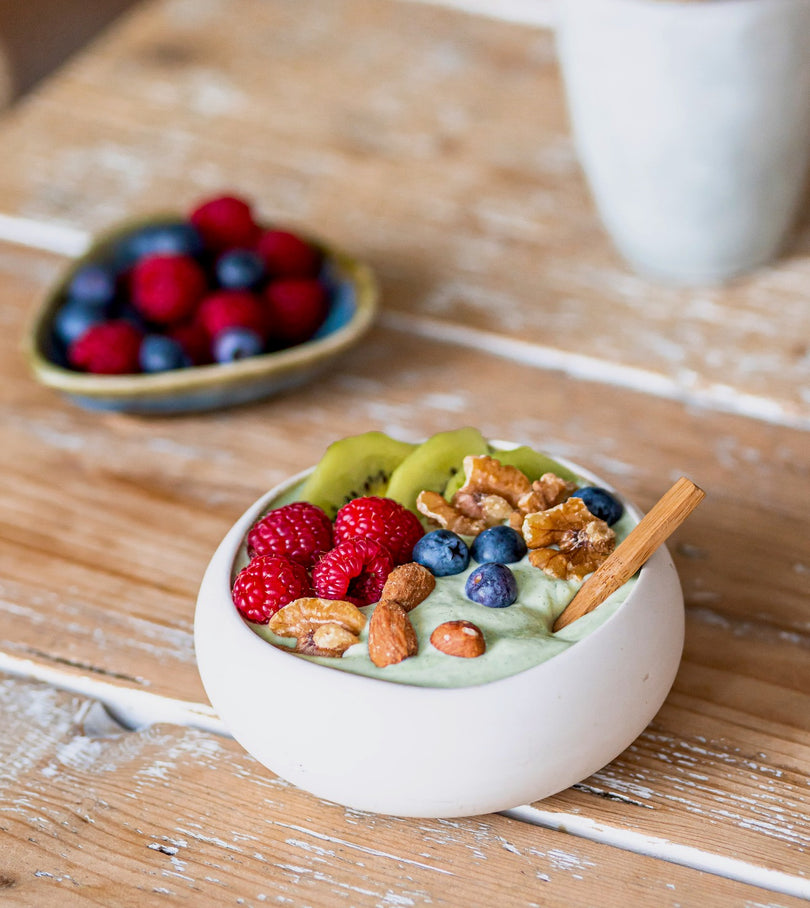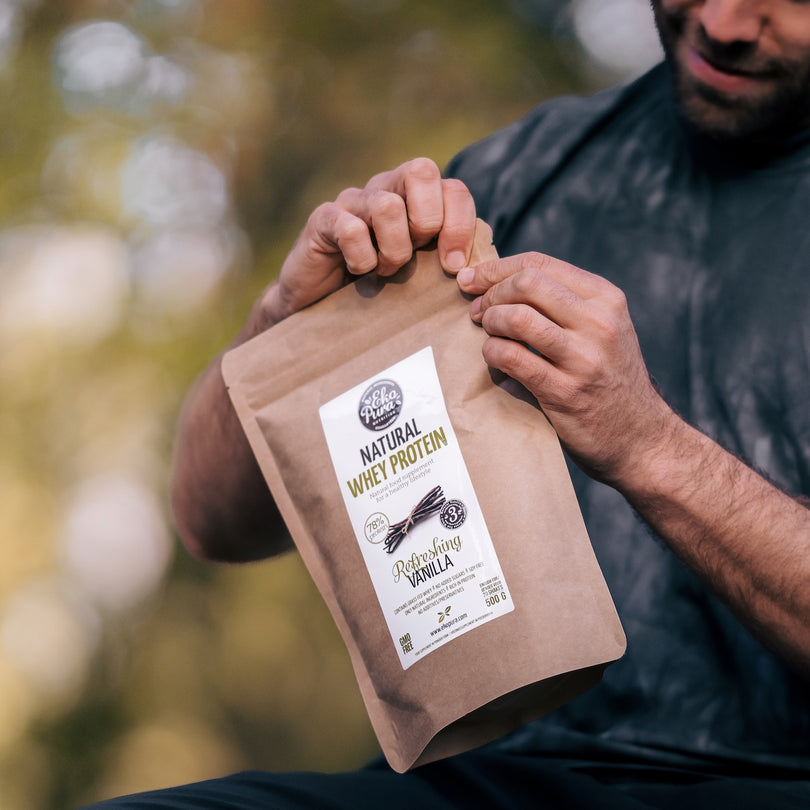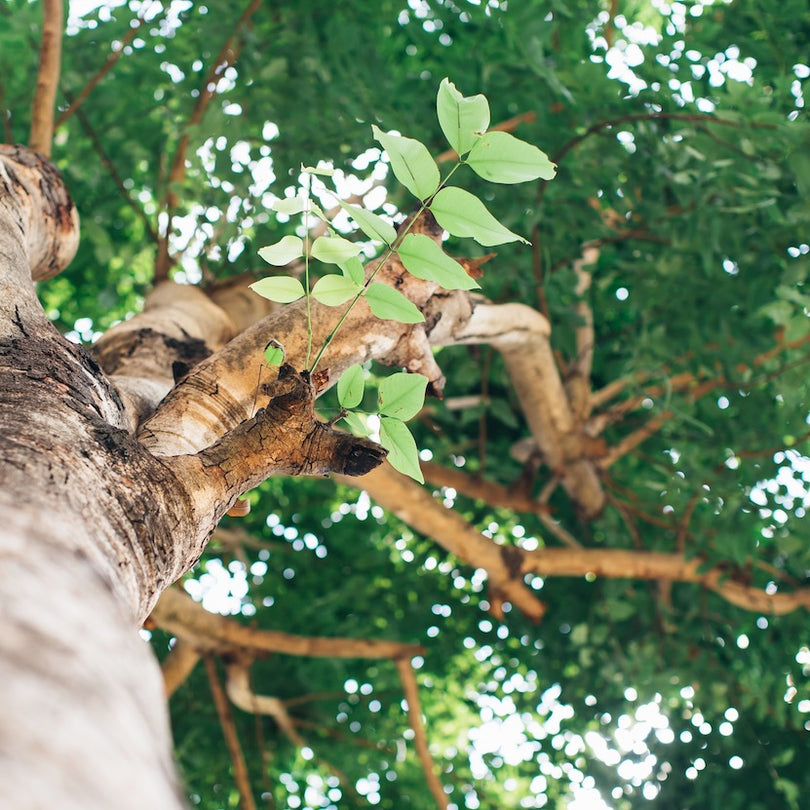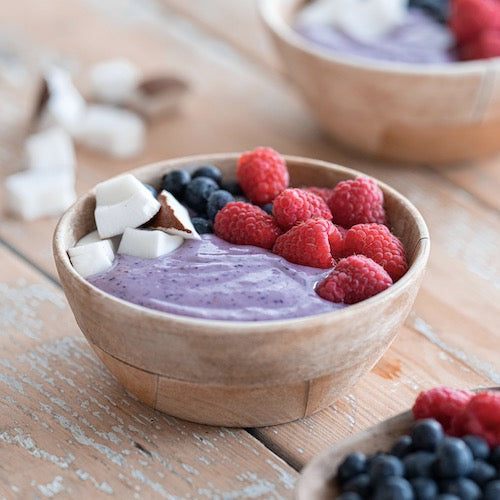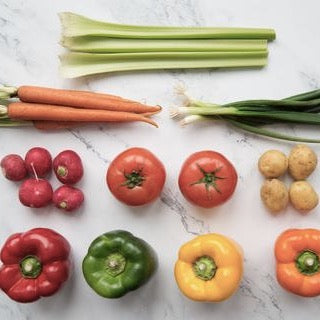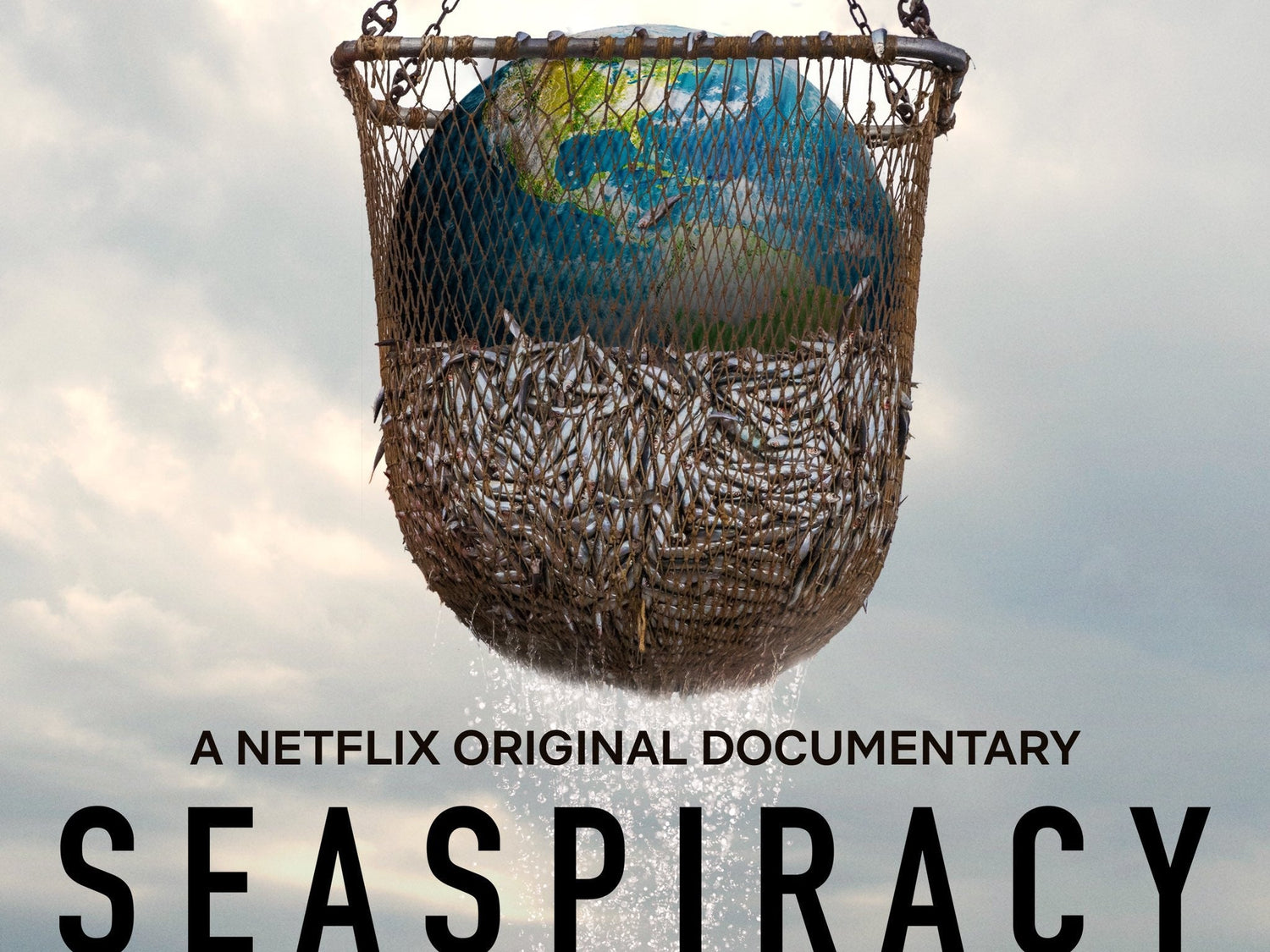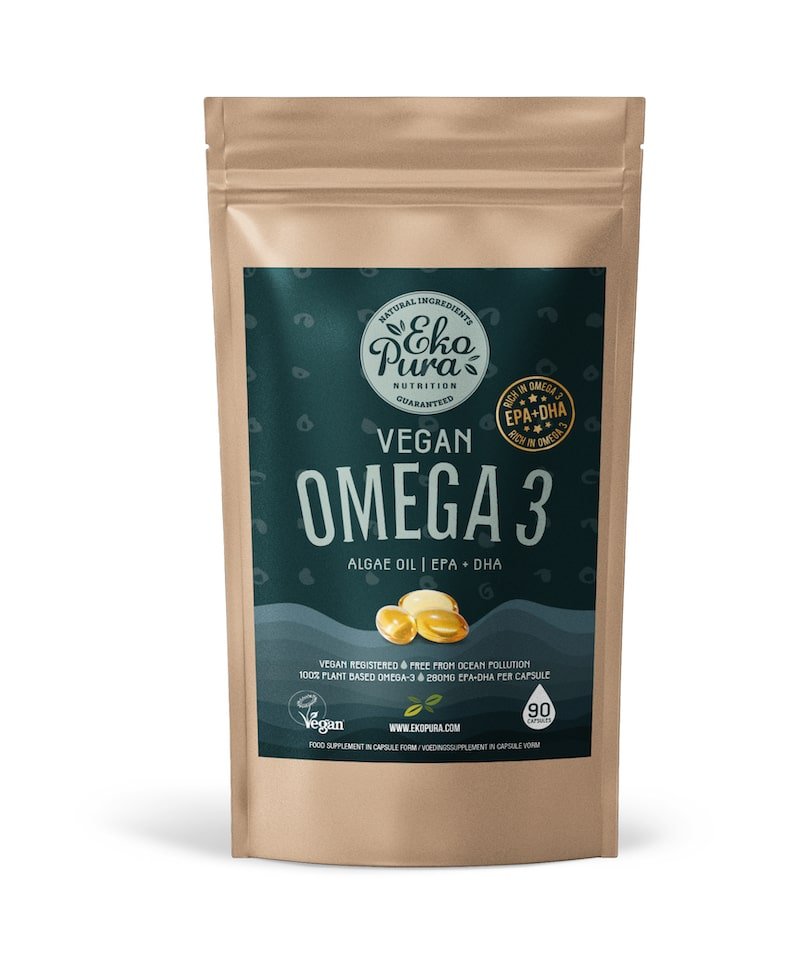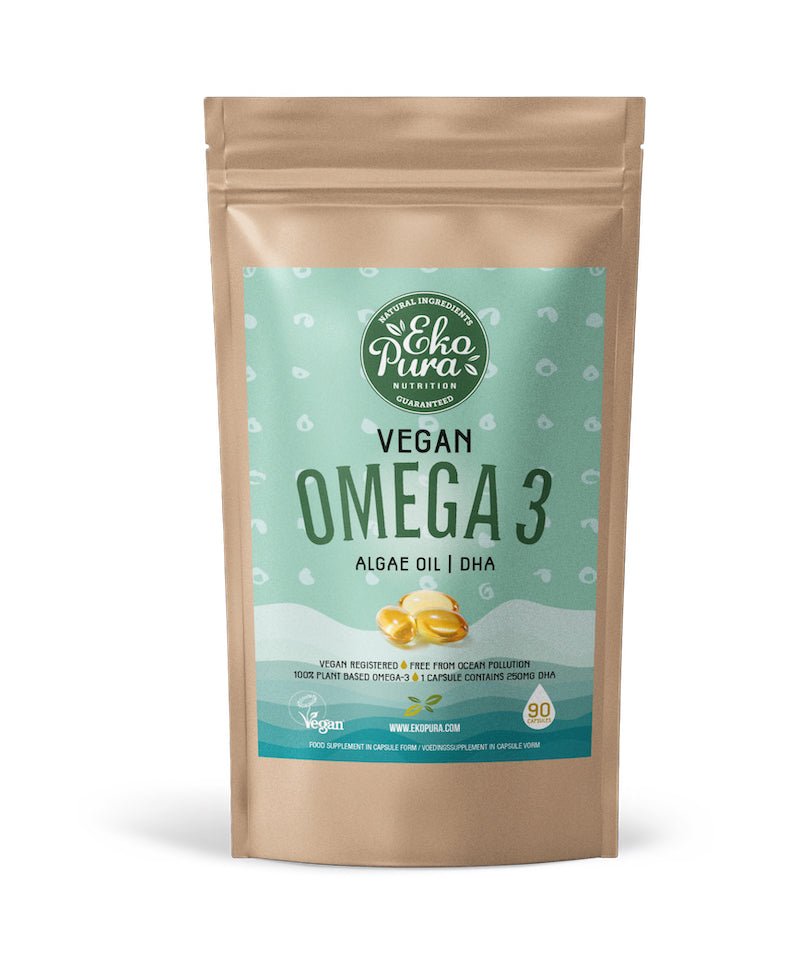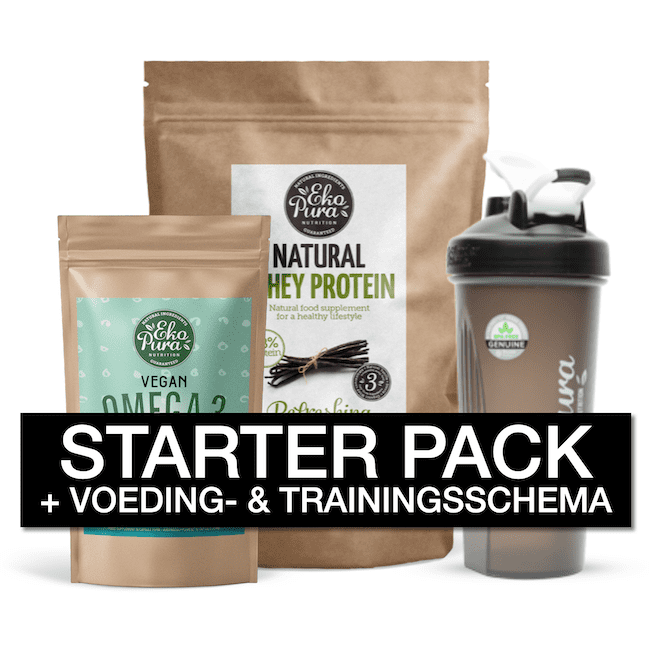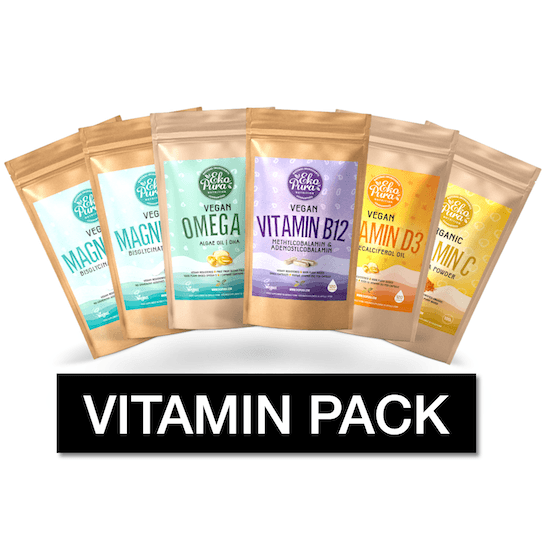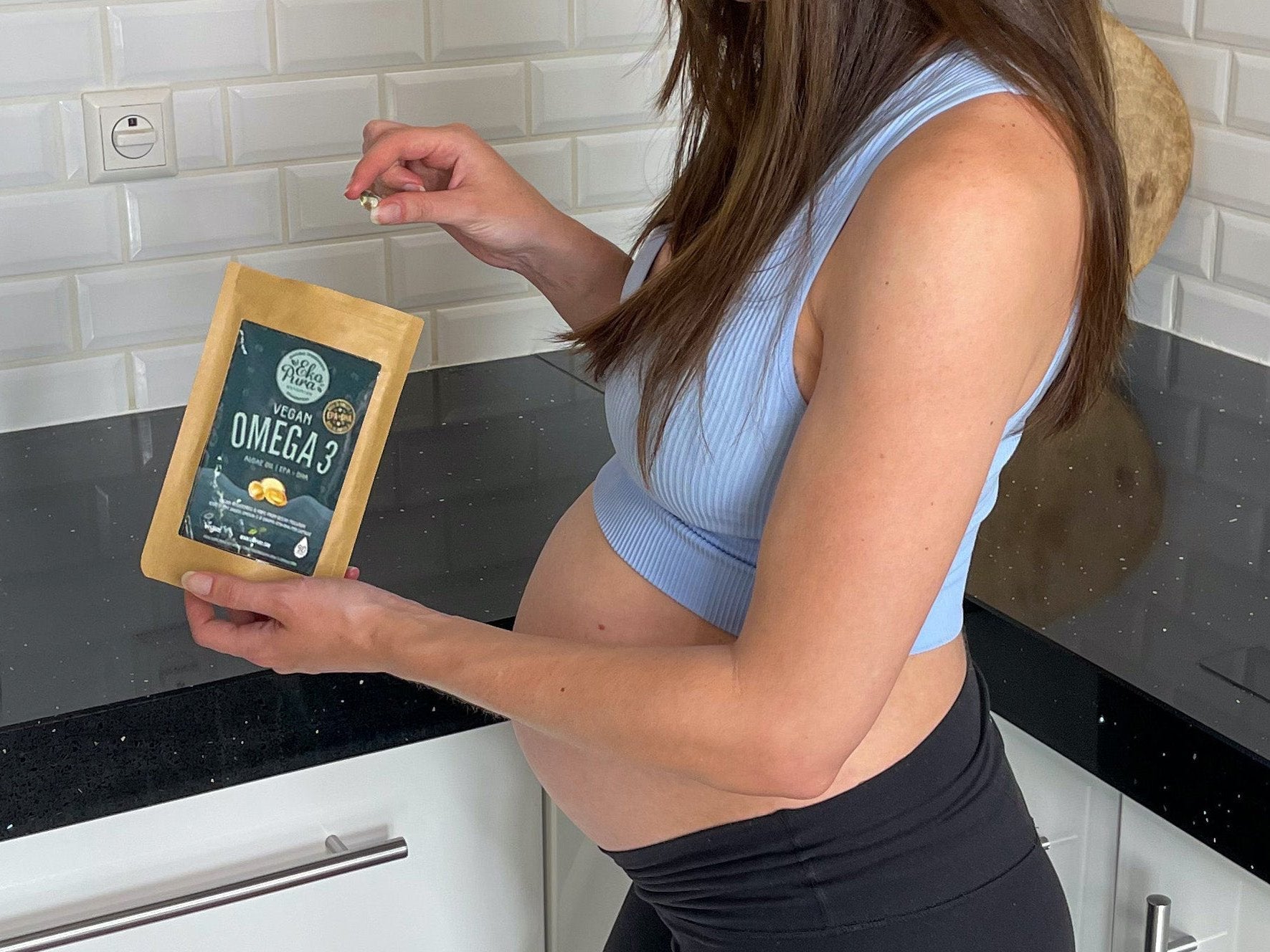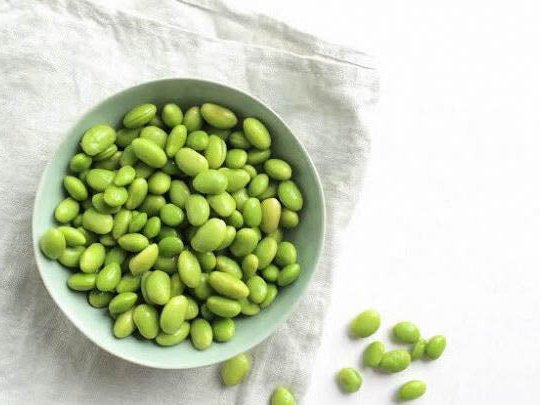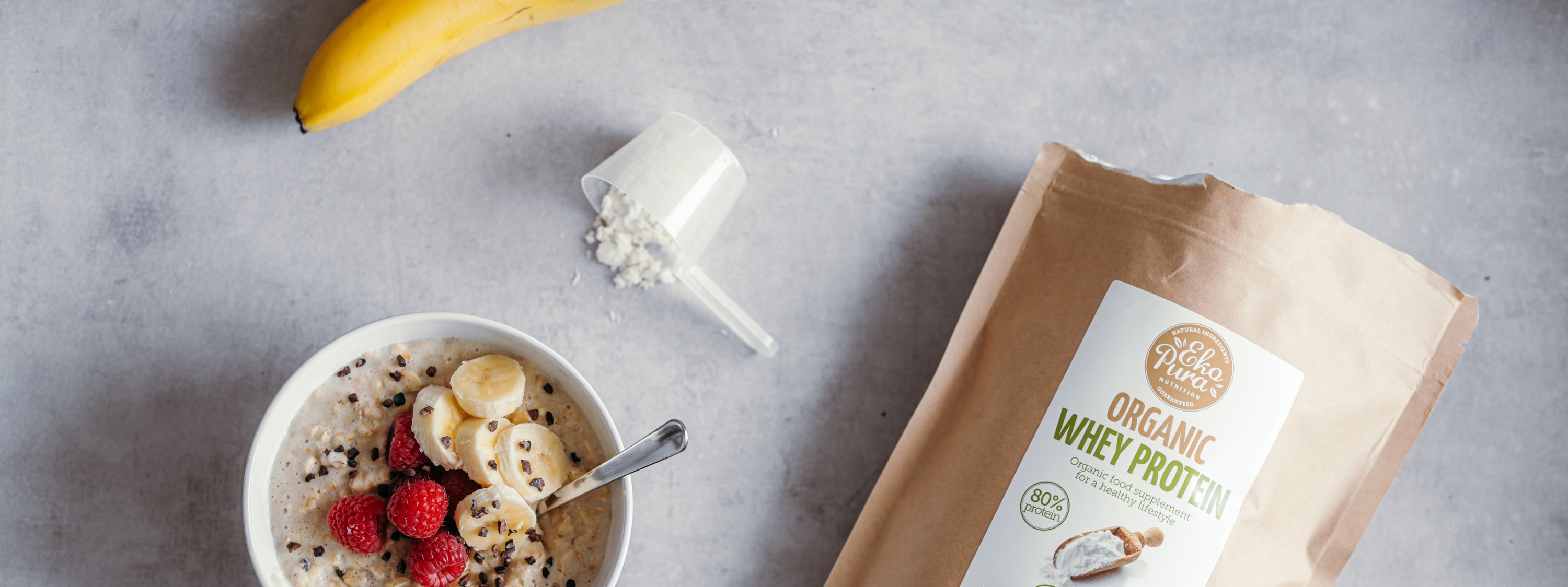If you've ever wondered how bad eating fish is for the sea and for yourself, in the new Netflix documentary Seaspiracy, director Ali Tabrizi takes us on a journey and explains how commercial fishing is destroying sea creatures - and what will happen next. happen if we continue to consume fish. Seaspiracy goes beneath the surface to reveal the cruelty and misinformation that pervades the global fishing industry every day. In this article we have collected 5 reasons why you should switch to vegan Omega 3 now! Based on the facts set forth in Seaspiracy.
1. There is no such thing as "sustainable" catching fish for food.
We are all familiar with the "misleading" sustainable fishing labels that many companies use to trick consumers into believing that killing certain types of fish is sustainable. A good example is the salmon farm. This industry in Scotland is estimated to produce the same amount of organic waste each year as the entire Scottish population. Yet the fish sold by these farms is marketed and labeled as 'sustainable'.
''Commercial fishing is even more damaging than oil spills—the fishing industry in the Gulf of Mexico destroyed more animals in a single day than the largest oil spill in history, Deepwater Horizon, did in months.''
The fact is, there isn't even an agreed-upon definition for the term sustainable among conservation groups. This means that these 'sustainable' labels have virtually no meaning.
2. Pisces have feelings like fear and pain
Pisces are individuals with a unique personality and above all the desire to live. Although they cannot express emotions, fish can feel fear and pain in the same way that humans do.
When commercial fishing vessels take the fish out of their habitat, squeezed into huge nets that often tear their guts, fish are likely to make a terrifying journey to the surface. If they come to the surface alive, their gills are often slit and thrown into a hold to bleed to death, or thrown onto ice to freeze and/or slowly suffocate.
3. In less than 30 years, if fishing continues at the same rate, the oceans will be devastated
Shocking right? If we don't act now, our oceans will be all but empty by 2048. Fish is of utmost importance in maintaining the ecosystem of the ocean. Without fish, coral reefs, sharks, dolphins, whales and birds - will starve. We can put an end to this if we stop supporting the greedy and cruel fishing industry.
4. "Dolphin safe" is never really dolphin safe
"Dolphin Safe" labels on tuna cans look great and make people feel better, but they are worthless and misleading. It is estimated that 300.000 dolphins and whales are killed every year after being caught in fishing nets. Worse, in some areas, fish populations have declined so rapidly that anglers view dolphins as competition and therefore routinely slaughter entire groups of dolphins. How can you be sure that the things you eat don't endanger animal safety? Make a conscious decision about how many times a week you eat something, or even easier to go vegan. It's very simple!
5. It is estimated that every year 250.000 sea turtles are caught, injured or killed by the fishing industry (in the US alone)
We've all seen the heartbreaking videos of sea turtles with straws in their noses. These videos have led many people and restaurants to switch to paper straws or stop using straws at all. Don't get us wrong, that's a good thing, but if we look at the numbers honestly, it has a small impact on the real problem. It is estimated that plastic straws kill 1000 turtles each year, but in the United States alone, it is estimated that fishing vessels catch, injure or kill 250.000 sea turtles each year. Plastic straws account for 0,03% of the total plastic in the ocean, while 46% of the Great Pacific Garbage Patch is made up of abandoned fishing nets.
6. However you look at it, there is no justification for eating fish
You have now read that eating fish is harmful to marine animals, the environment and yourself. The fish you eat probably contains heavy metals, plastic, dioxins and other toxins. But isn't it said that fish is good for omega-3 fatty acids? If one thing needs to be clear once and for all: it's not the fish that make omega 3. Fish get their omega-3 fatty acids from the algae cells they eat - meaning we can get the necessary vegan omega 3 ourselves by taking algae oil supplements or by eating fortified vegan fish products. So why not switch to vegan Omega 3!
“I realized the single best thing I could do every single day to protect the ocean and the marine life I loved, is to simply not eat them.” —Ali Tabrizi, Seaspiracy director
If you are using seaspiracy If you haven't seen it yet, we highly recommend watching the documentary on Netflix, and if you're convinced that switching to vegan Omega 3 is the way to go then watch here on our website.

